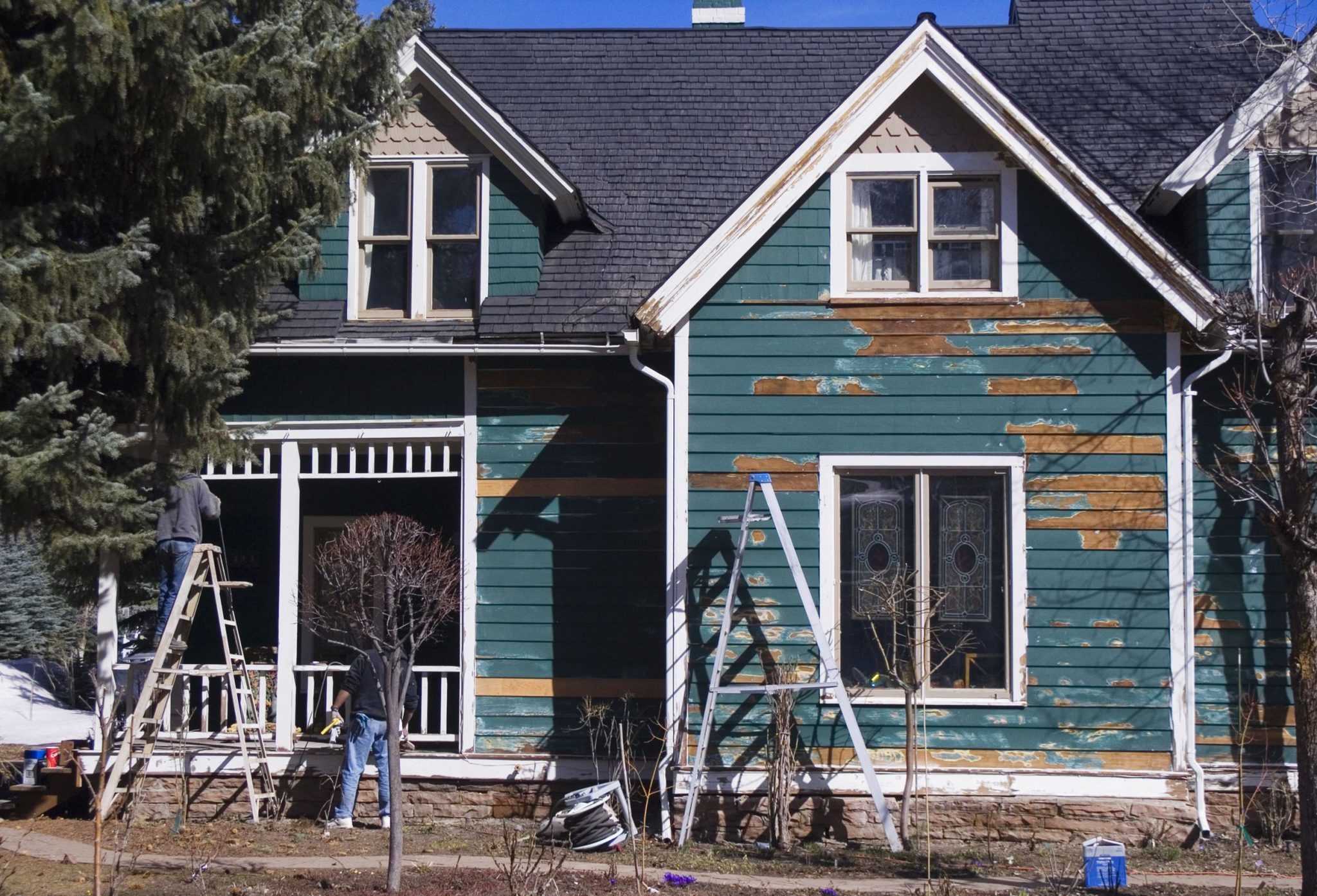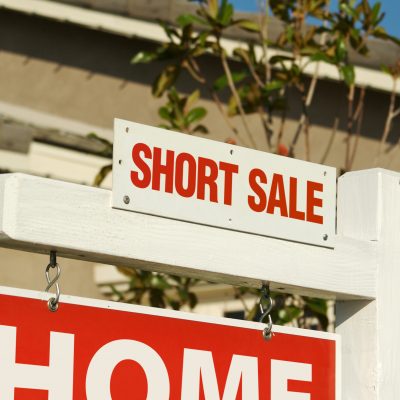How Do I Find Foreclosed Homes in My Area Free?
You may remember that during the Great Recession foreclosures were a big part of the housing bubble. As the economy cratered, foreclosure filings soared. In the first half of 2010 alone, 1.65 million U.S. homes spun into foreclosure, according to data from ATTOM Data Solutions, a real estate database provider. 10 years later, the COVID-19 pandemic leads to a rash of foreclosures once again. This could be a great opportunity for investors to build equity. If you are looking for foreclosed homes, there is a wide range of online and offline resources to find foreclosed homes, including most larger banks.
1. Newspapers
All newspapers have a listing section for properties on sale. Besides that, the government requires that anyone filing foreclosures must publish a “Notice of Sale” in a leading local newspaper. So if you want to get real foreclosures in your locality, buy local newspapers and flip to the legal notices section posted by auctioneers in your locality. You’ll be able to identify several legitimate auctioneers with homes sold below market value. Once you get some good auctioneers, go online and find out more about them plus their upcoming auctions.
2. Real estate agents
There are many real estate agents who specialize in foreclosed homes. Qualified and experienced real estate agents are registered by the relevant agencies, meaning they are reliable, honest, and professional. Such agents will guide you through the process of buying a foreclosure home by using authentic listings.
Real estate agents have access to the MLS (Multiple Listing Service) that they can use to help you get the perfect foreclosed homes for sale. When choosing a real estate agent, check their background, experience, and whether they are registered. You can get so much information about them from online reviews. A real estate agent with bad online reviews is not worth wasting your time on.
3. Check Zillow
If you don’t want to deal with a real estate agent, you can visit Zillow.com. Zillow is a popular website where you can find bank-owned homes and preforeclosures for free.
The greatest advantage of Zillow, apart from being free, is that you can search by listing type by clicking on the section headed “For Sale” and choosing “Foreclosures”. This will give you a list of available foreclosures, which you can now choose depending on your budget and taste.
If you want properties that may be available in the future, visit the section headed “Potential Listings”, and choose “Foreclosed” or “Pre-foreclosure.
4. Foreclosed homes listed by government agencies
Buying a foreclosure through government agencies is perhaps the most reliable way of getting a foreclosed home. Some of the government agencies accept offers from consumers, while others require that the offers get submitted through recognized real estate agents. Whatever the case, the foreclosures you get from a government agency are reliable and genuine.
The agencies the government use include Small Business Administration, the Treasury Department, the Federal Housing Administration (FHA), and Fannie Mae. You can visit their respective websites for purchase procedures and foreclosure listings. Make sure you choose foreclosures that suit your budget.
HomeSales.gov. Federal government website for hunting down foreclosures is HomeSales.gov. These, of course, are previously owned single-family homes that landed in the federal government’s hands by public auction. Purchasers must work with a real estate agent, broker, or servicing representative to submit an offer or bid, according to the website.
USDA-RD/FSA Properties. The United States Department of Agriculture-Rural Development and the USDA-Farm Service Agency list properties on this website. Here, you’ll find a small number of single- and multi-family homes, farms, and ranches. Buyers must work with a real estate agent or broker to put in a bid, which means there will be a commission to pay.
5. Foreclosed homes listed by bank websites
The websites of many banks, especially the big ones, are also good places to find foreclosed homes. Established banks normally have a list of foreclosed homes on their websites.
You can search for properties on the websites by city, state, and price. The greatest advantage of dealing with banks is that they are reliable. Any foreclosed home you get from the website of a big bank is genuine. You’ll also get the contact information of the agents, the descriptions of the homes, and their photos.
Banks must maintain their reputations, so their listings must be up-to-date and reliable. Asset management companies can also have foreclosed home listings because they are sometimes hired by lenders. You can check their websites as well.
6. Drive around
If you have free time, you can drive around and find foreclosed homes by yourself. As you drive around, check for signs of real estate ads like “Bank Repo” or “Foreclosure.” You’ll also find the names and phone numbers of the agents on such signs. You can call them and ask about the foreclosure details or other forthcoming foreclosure listings.
You might be lucky to get foreclosures that haven’t been listed elsewhere and start your buying process right away. Another way is to let your friends/relatives know you are looking for foreclosures. In case they stumble on any, they’ll call you back.
7. Public records
Your county has a record office where all legal notices are filed. Even the foreclosure processes must go through the County records office. The foreclosures in such an office are available to the public, and anyone can access them. So, if you are looking for a foreclosed home in your area, visit the county office and ask for the foreclosure records.
Search for a Notice for Sale record, lis pendens, or Notice of Default. There are two benefits of searching foreclosures in public records. First, the search is free, and second, you may get fresh postings that no one else has reached.
8. Auction houses
Auctioneers have a lot of information about foreclosures because this is part of their business. Some big auction companies sell hundreds of foreclosed homes every day. The advantage of visiting auction houses is that you can get home faster.
However, some experts argue that you may end up buying a home at a price higher than its market value if you follow this route. This is because auctioneers depend on the bidding system, and the house will go to the highest bidder.
Another drawback of this method is that you’ll buy the house “as is”, meaning you may end up buying a dilapidated home. But that doesn’t mean it’s a bad method. Some people have bought good homes through bidding.





